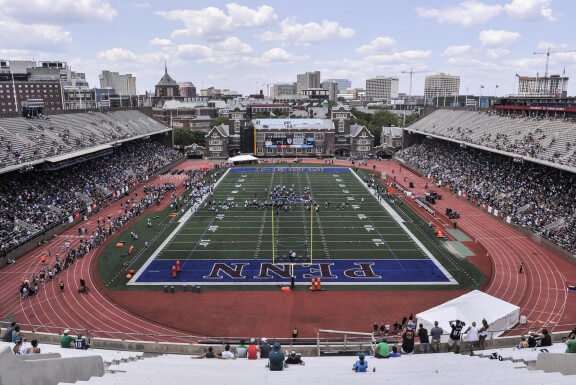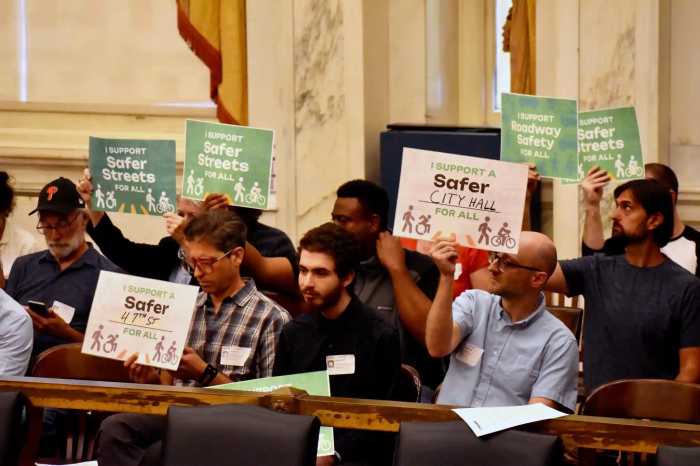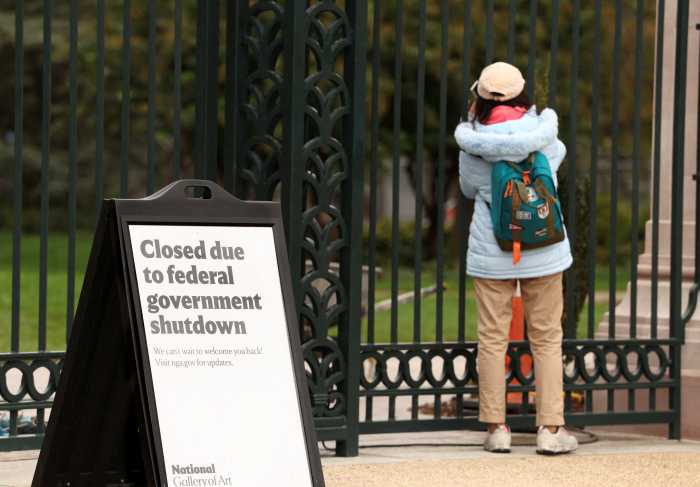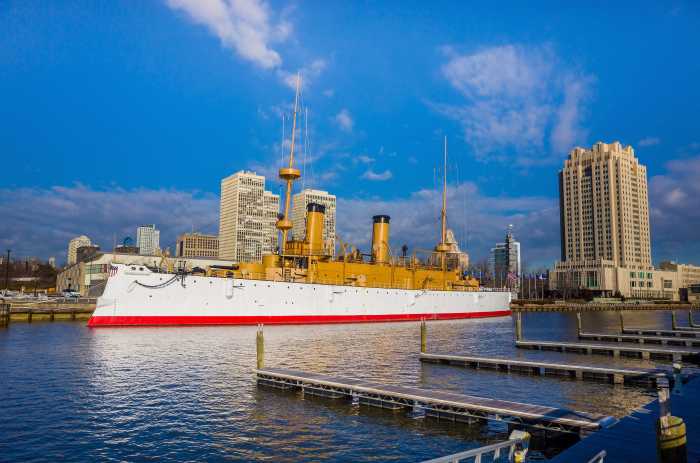In 1984, Philly won a championship. No, this wasn’t a last iteration of Julius Irving and Moses Malone leading the 76ers in another NBA Finals, Mike Schmidt and Steve Carlton bringing another World Series to Philadelphia with Tug McGraw closing the door in the bottom of the 9th inning, or even an Eagles team returning to the Super Bowl behind Ron Jaworski and Wilbert Montgomery.
Aside from an incredible run to the the Stanley Cup Finals — 1984 was a truly tough year for Philadelphia sports. The Phillies — just four years removed from a World Series Championship — finished as a .500 ball club. The Sixers — who had won the NBA Finals in 1983 — lost to the Boston Celtics in the NBA Eastern Conference Finals. On the football field — the Eagles seemed decades away from their 1981 Super Bowl appearance just three years prior — finishing 6–9–1 and even ending the season with embattled owner Leonard Tose attempting to move the Eagles to Arizona after his perceived view of not getting needed support from then-Mayor Wilson Goode and the City of Philadelphia on a proposal to add skyboxes to Veterans Stadium.
For decades before the 1980s, plans had been developed for summer football. In 1965, New Orleans businessman David Dixon first devised a plan for football when college and NFL teams were in the off-season. His blueprint for the the United States Football League was to compress investor costs by playing in existing stadiums worthy of NFL football while leveraging national TV broadcast contracts.
Finally in 1982, “the Dixon Plan” became a reality as the USFL overcame bidding wars on top talent, extreme spending, and relocations and mergers to finally become a reality… and the Philadelphia Stars were born. In the team’s inaugural season in 1983 playing at Veteran’s Stadium — the Stars advanced to the USFL Championship Game thanks in part to their “doghouse defense.”
In 1984 — the team moved to Franklin Field for its playoff home games, playing in the oldest football college stadium in NCAA history. The result was the same. Led by Penn State quarterback Chuck Fusina’s 3,837 passing yards, future Washington Redskin’s running back Kelvin Bryant’s 1,406 yards, and Penn State and former Philadelphia Eagle Scott Fitzkee’s 1,895 receiving yards. The team was even coached by future NFL Head Coach Jim Mora, Sr.
The Stars went 16–2 during the regular season, and in the playoffs at Franklin Field would beat the New Jersey Generals 28–7, and then the Birmingham Stallions 20–10. In the 1984 Championship Game against George Allen’s Arizona Wranglers at Tampa Stadium — the Philadelphia Stars would win the 1984 USFL Championship 23–3 in front of over 52,600 fans. The team even played a post-season exhibition game in London two weeks later and defeated the Tampa Bay Bandits 24–21.
Their 1984 victory would be the last football championship in the City of Philadelphia for 34 years until Nick Foles led the Eagles to the Lombardi Trophy in Super Bowl LII over the Patriots. Foles was recently honored prior to kickoff of the Eagles and Falcons game at Lincoln Financial Field. When the USFL collapsed in 1986, the Stars had played in three championships and had won one.
In 1985, the majority owner of the New Jersey Generals was able to spearhead a movement for USFL teams moving to games during the fall season. With both Veterans Stadium and Franklin Field not being options for home games for the Stars during the fall while old JFK Stadium being in abysmal shape — the team was forced to relocate to Baltimore which had been stripped of the NFL Colts franchise just years before.
Oh, and that majority owner of the New Jersey Generals who pushed for the league to play games in the fall season competing with the NFL? That was none other than Donald J. Trump.
Michael Thomas Leibrandt is member of the York Road Historical Society and lives and works in Abington Township.




























